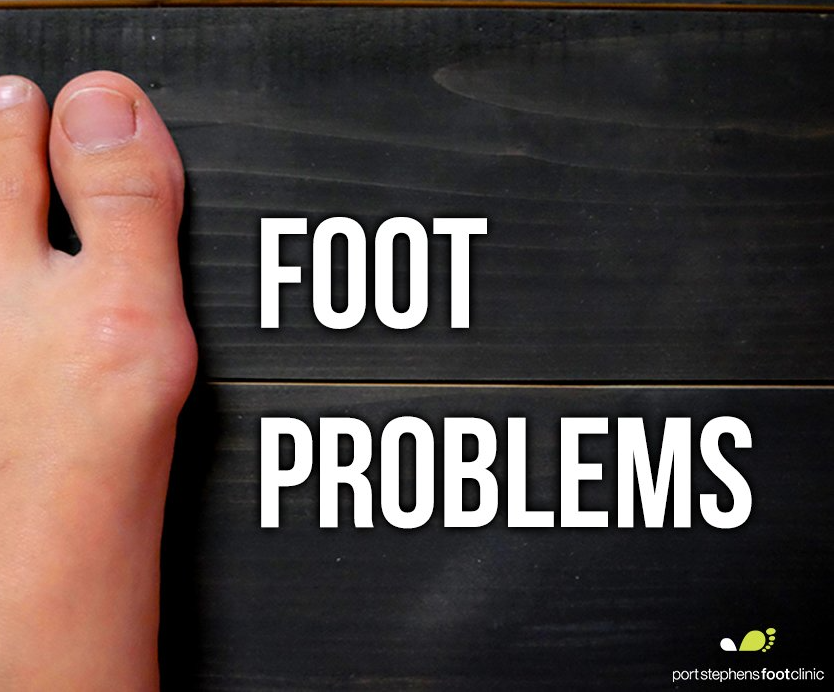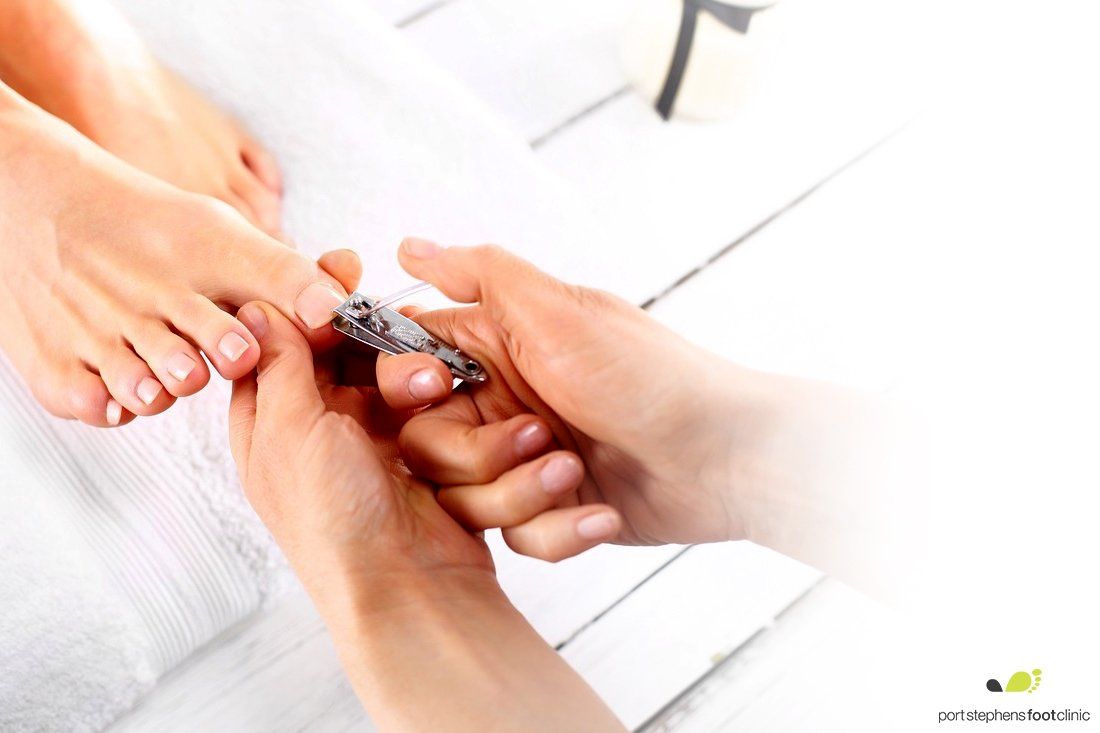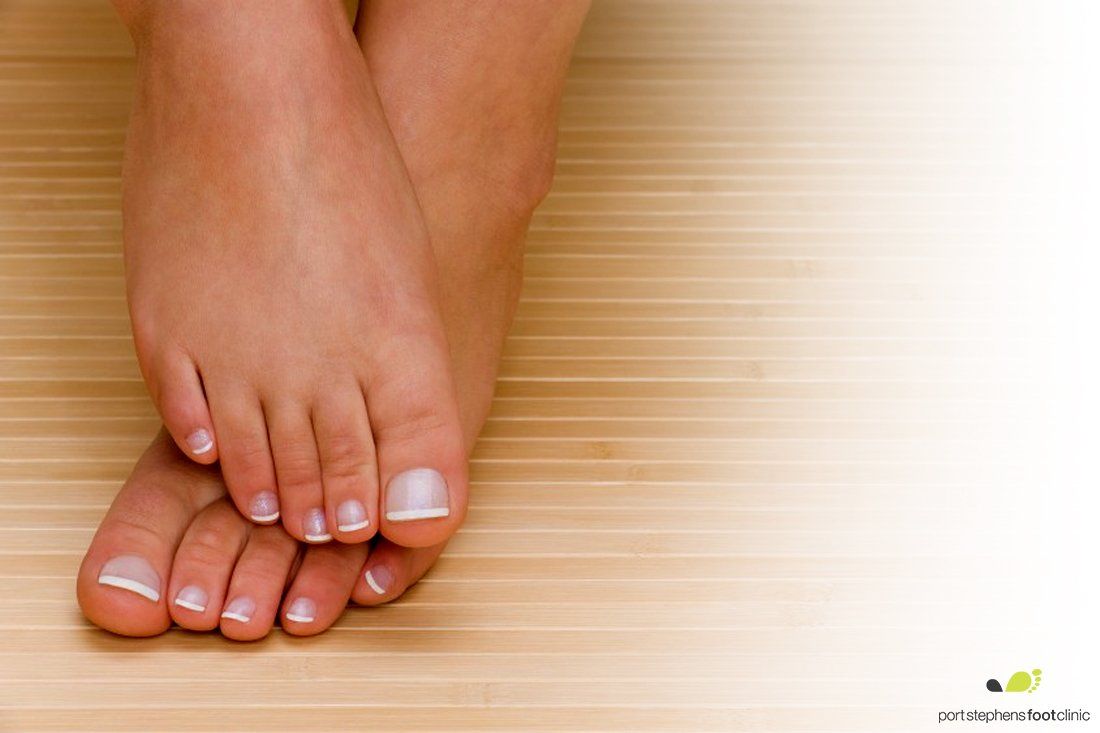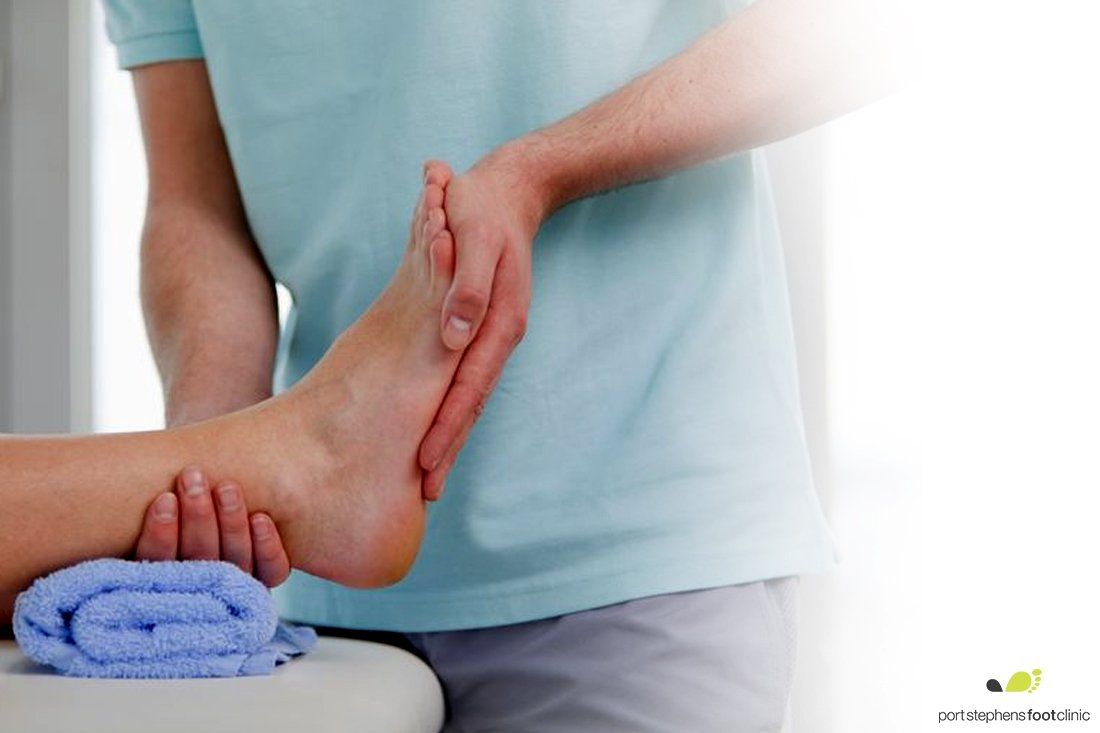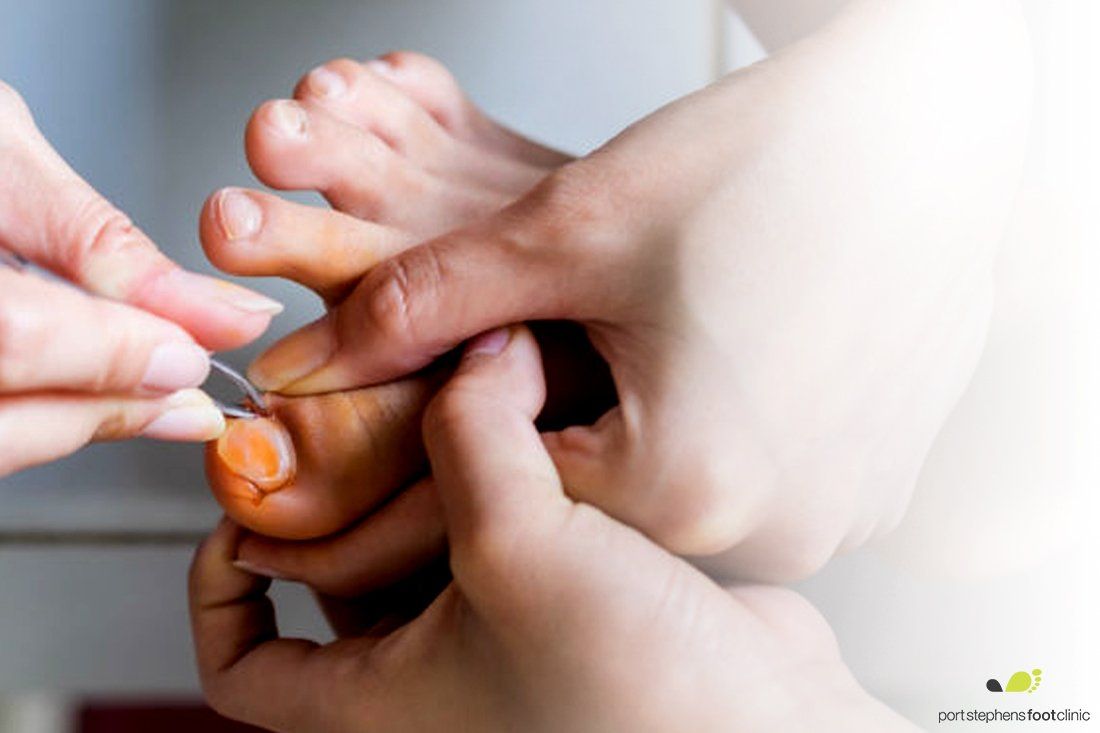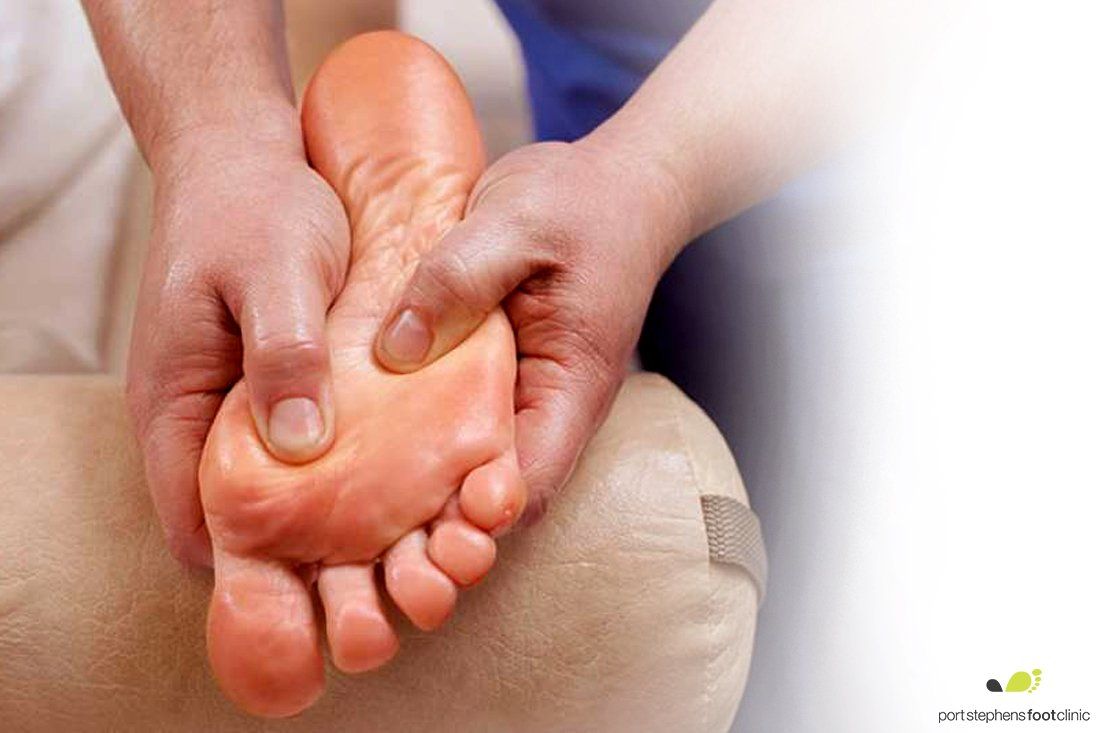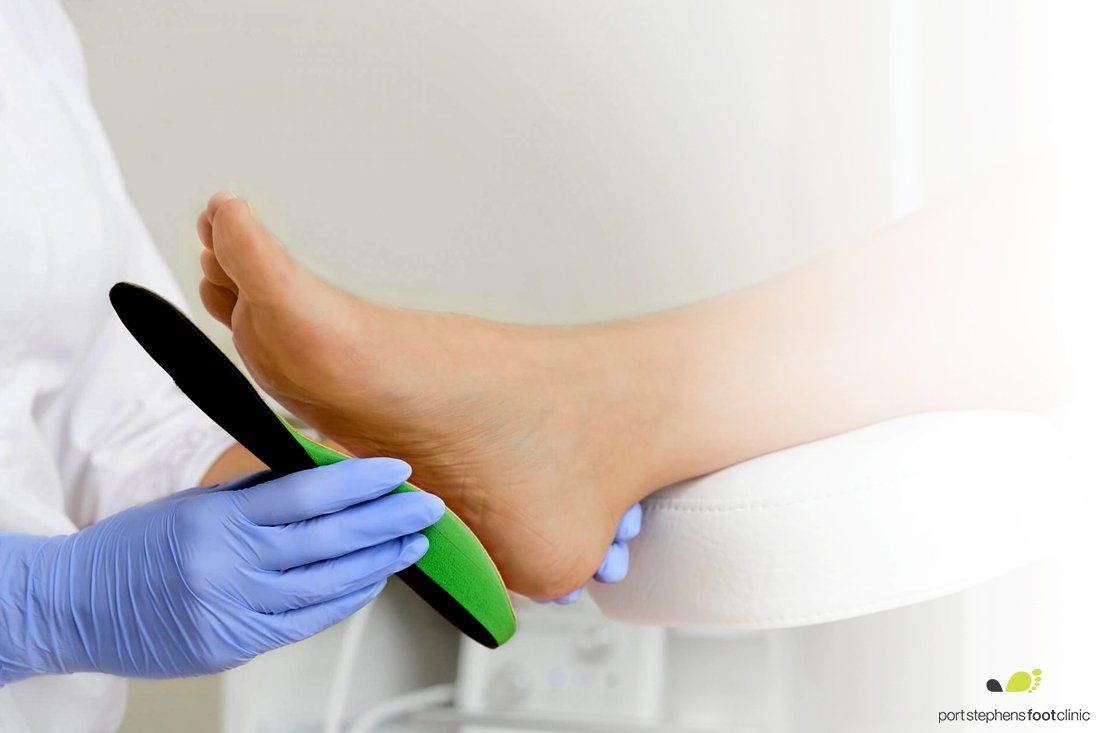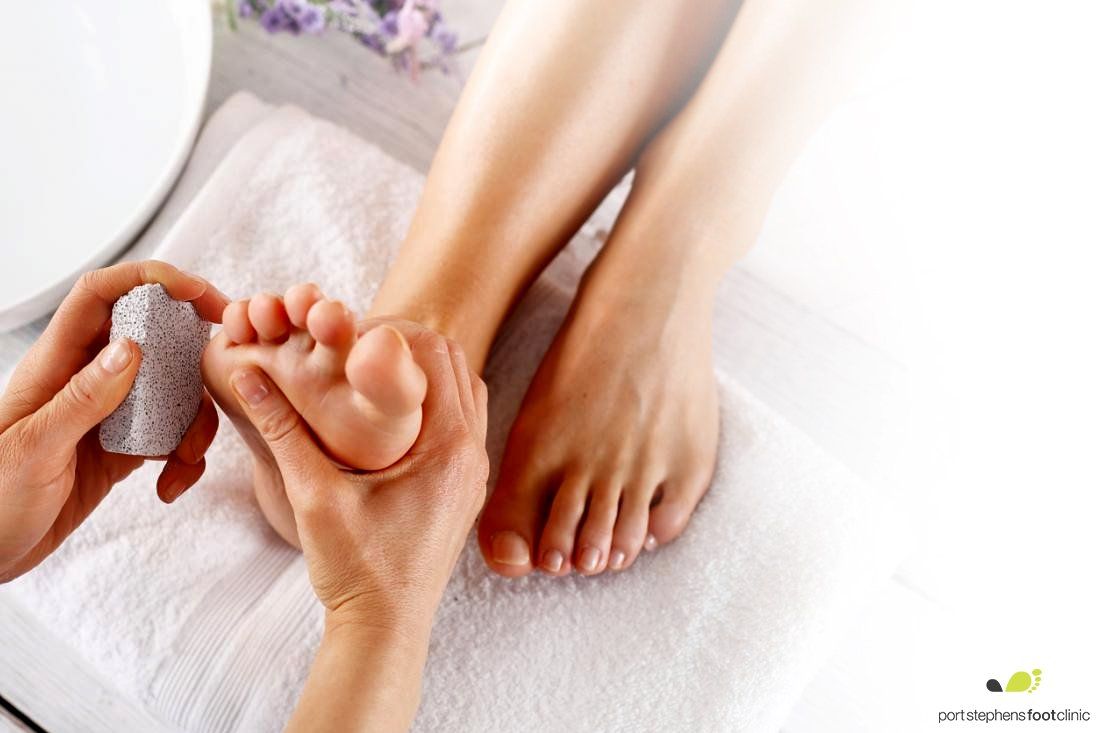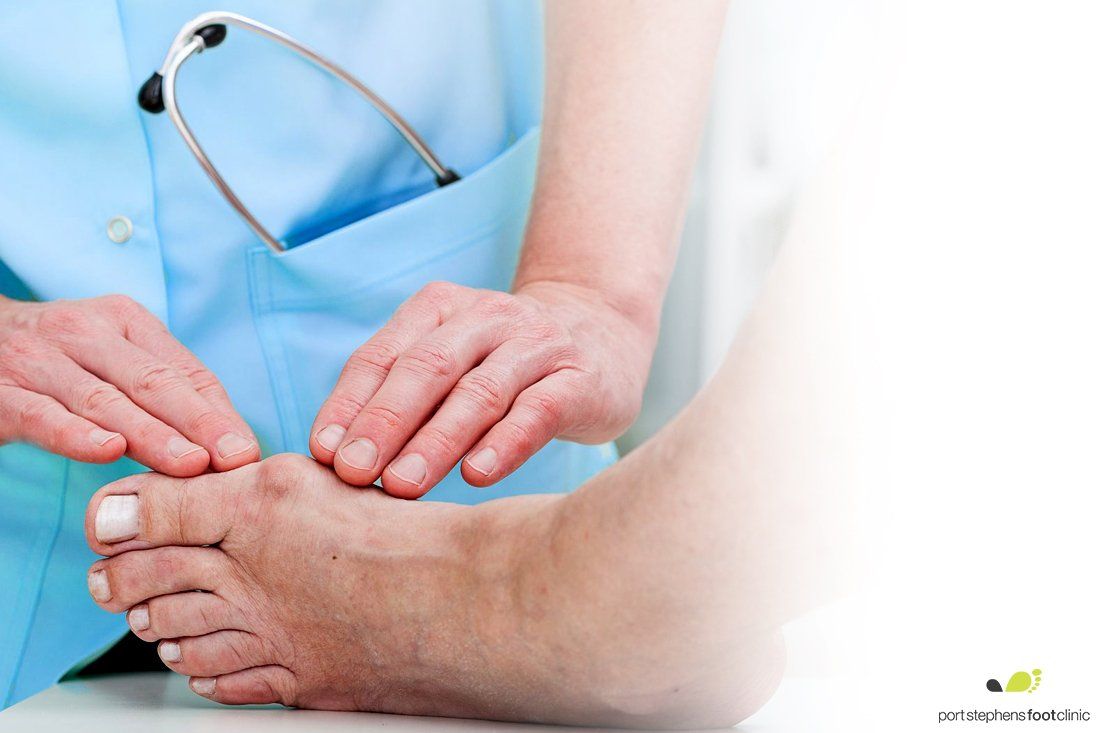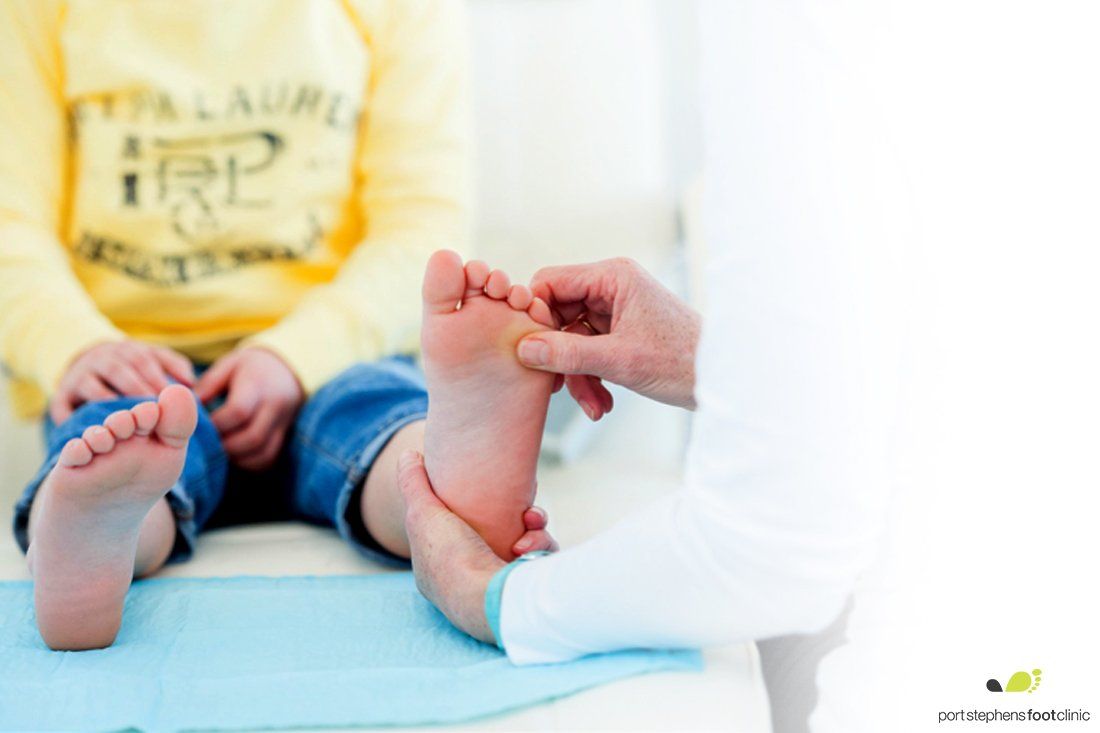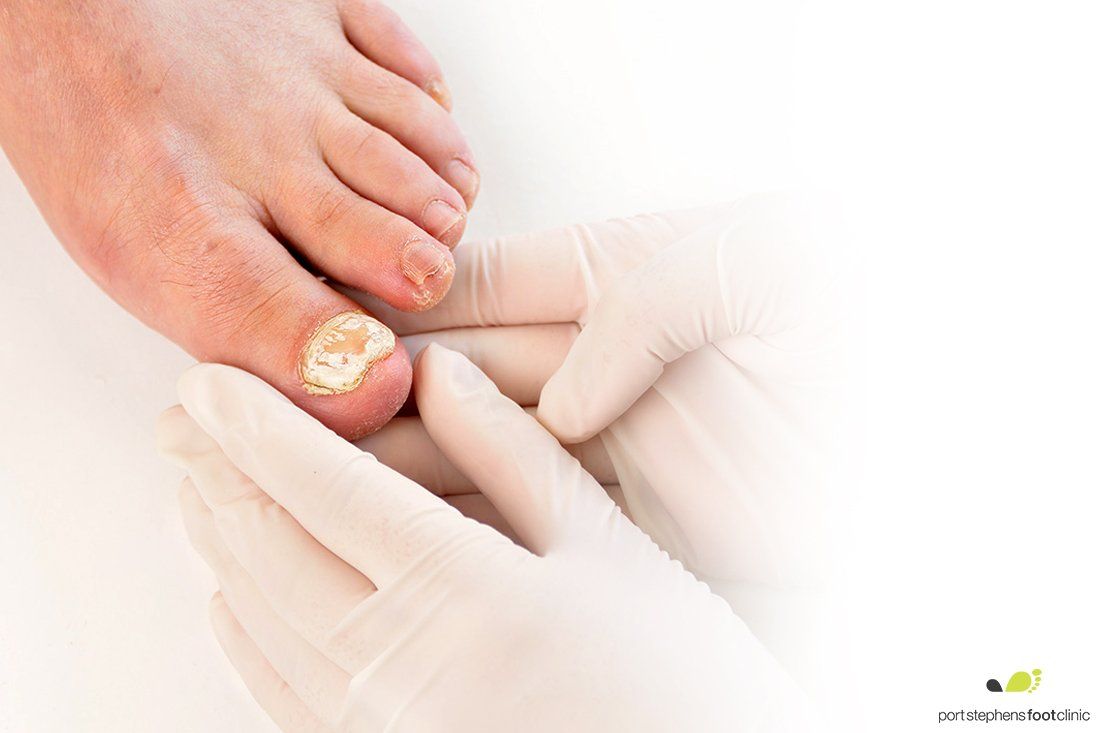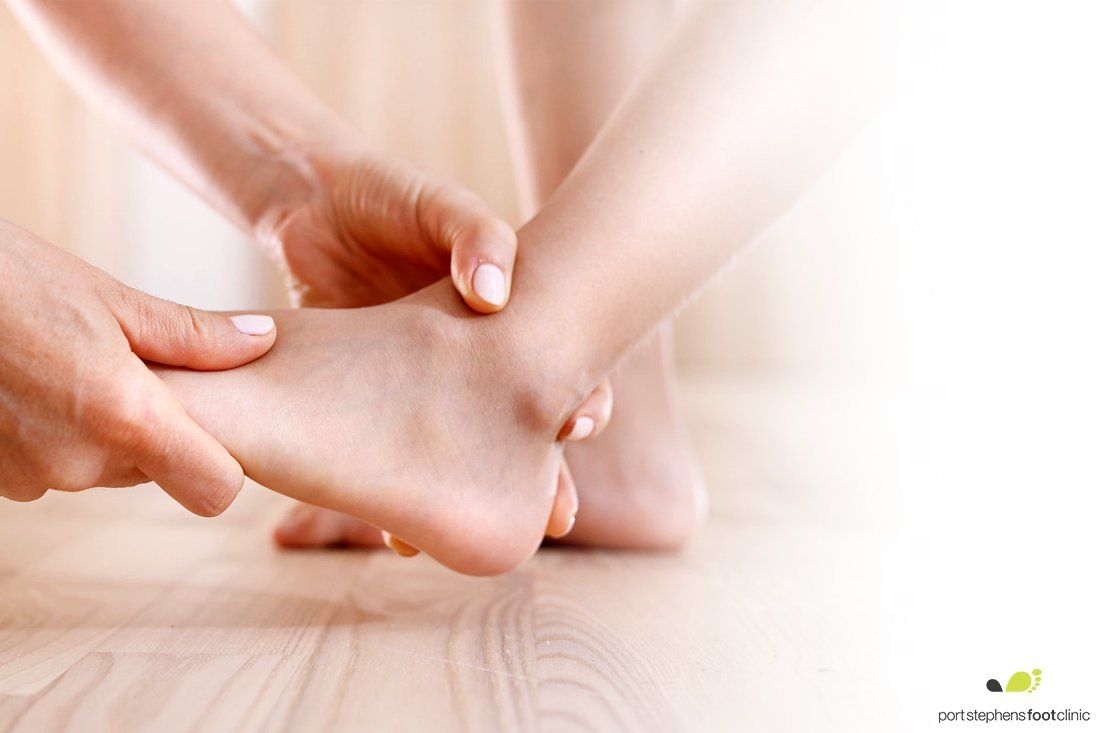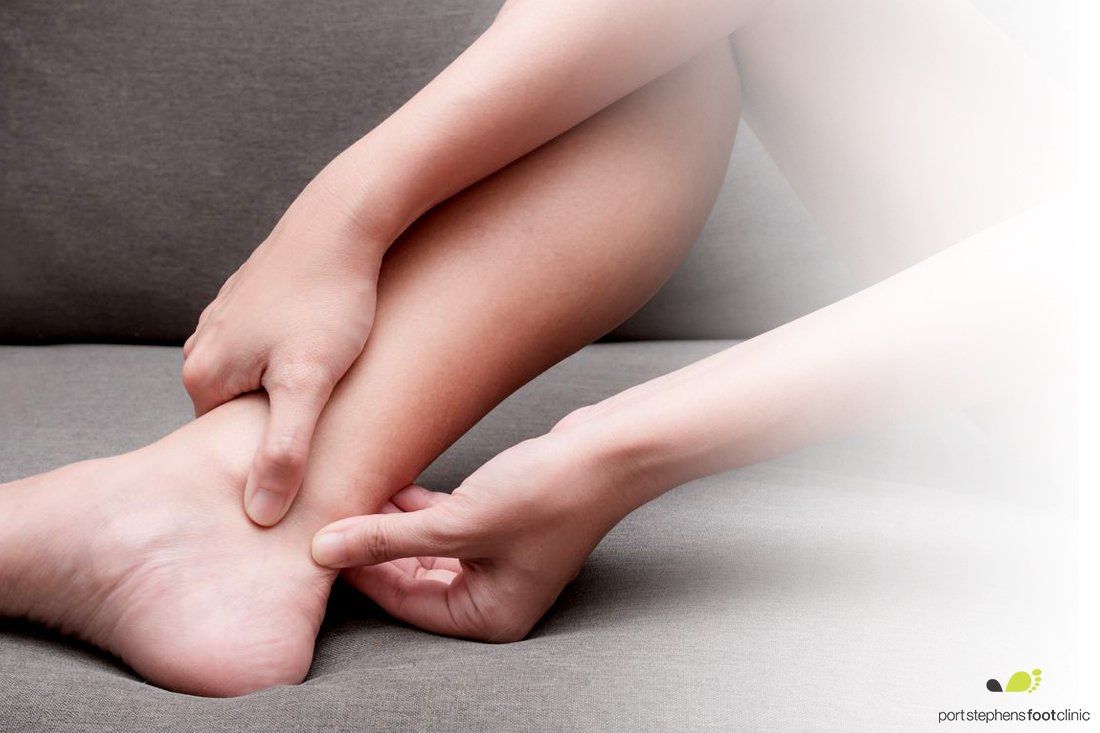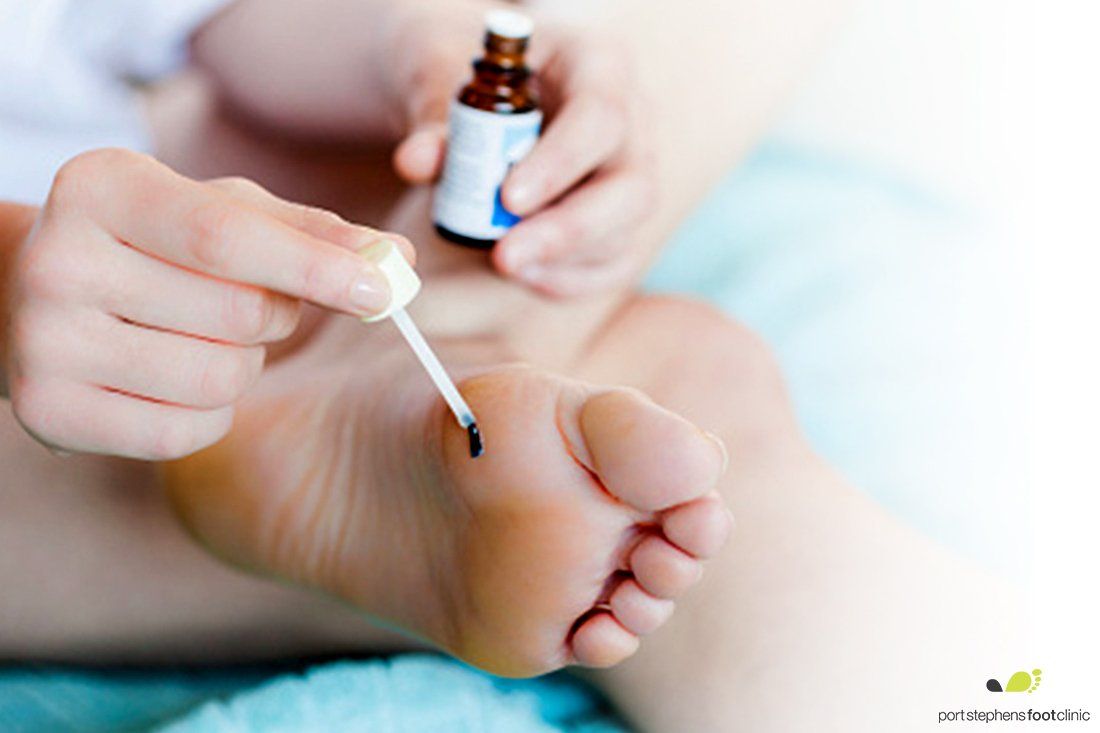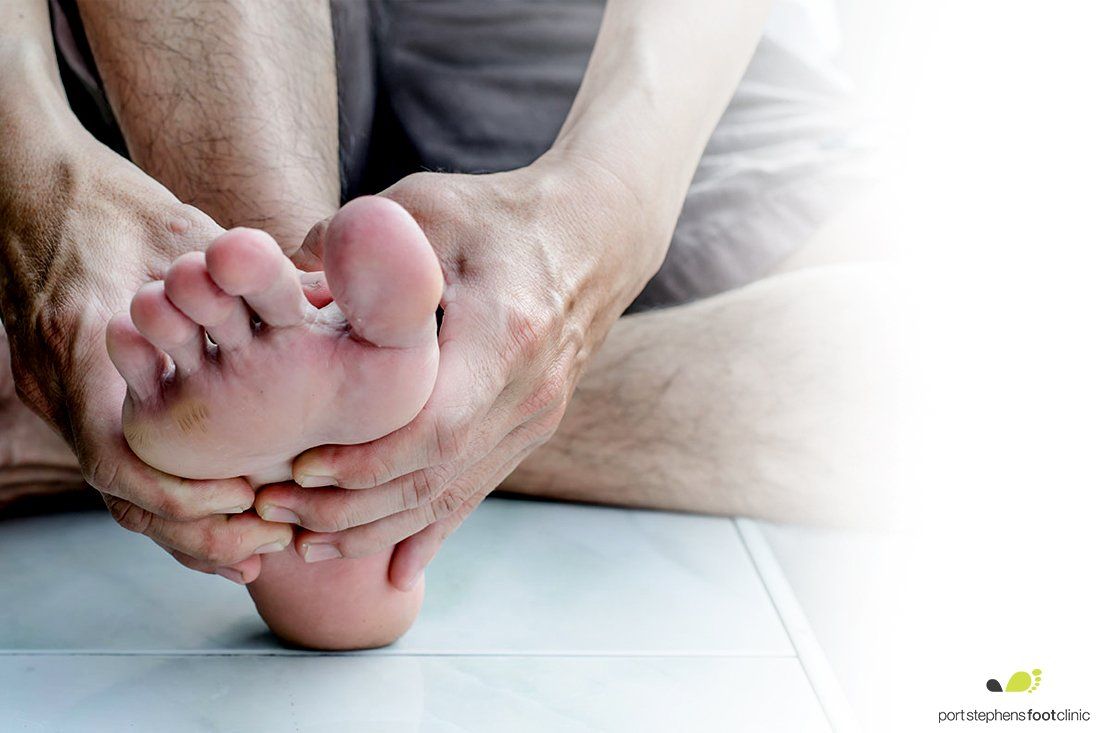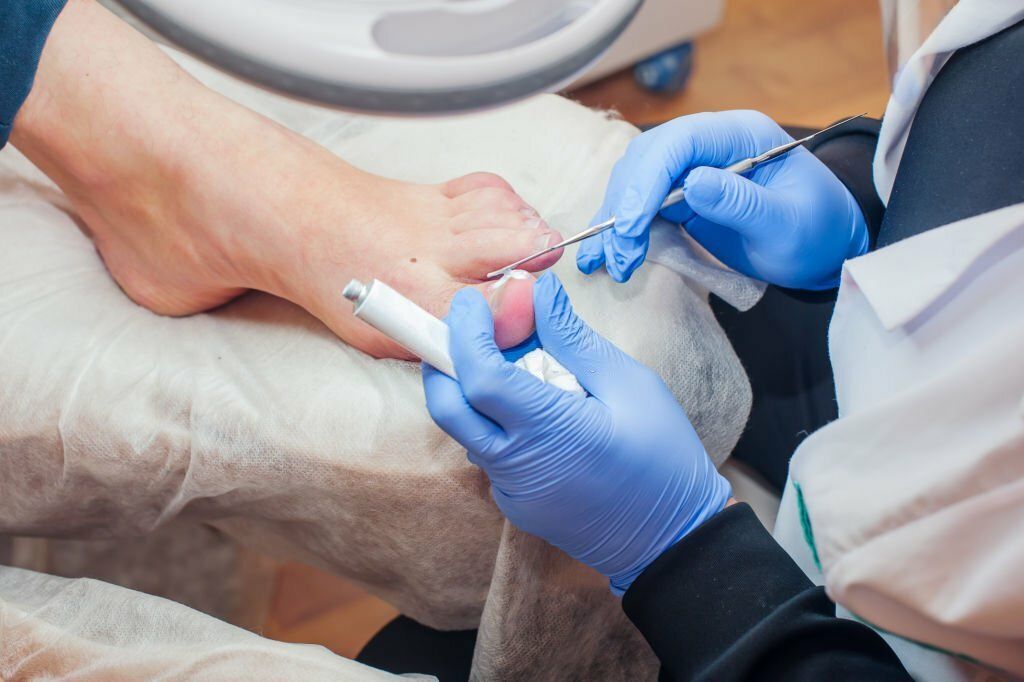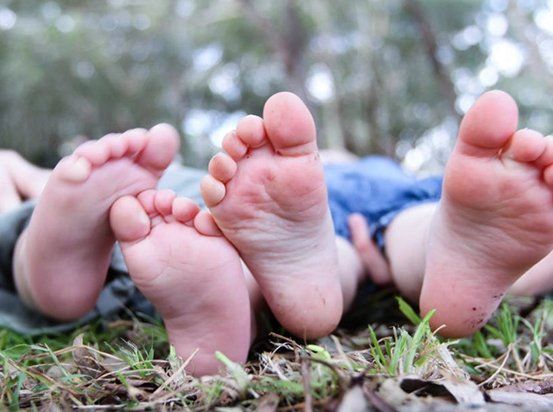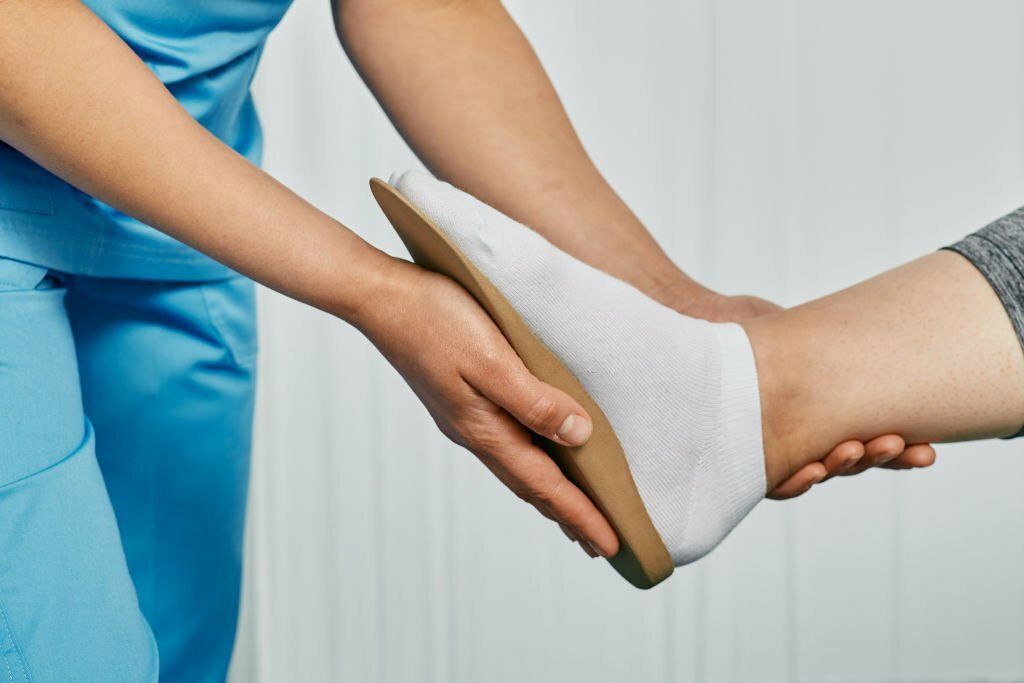Heel Pain in Children
(Calcaneal Apophysitis)
Does your child suffer from heel pain when walking? If so, they may have Calcaneal Apophysitis. This is quite common in active care, affecting many children every year.
What Is Calcaneal Apophysitis?
Calcaneal Apophysitis is a painful condition caused by inflammation of the heel bone. The foot is made up of bones, joints, and muscle tendons. As your child grows, the heel bone will grow at a faster rate than the muscles, ligaments, and tendons in the leg.
There are two growth areas of the heel bone (Calcaneus) with a small cartilage plate between the two. These two growth areas fuse together at approximately 16 years of age. When strain and pressure are placed on the heel, inflammation occurs at the growth plate, leading to Calcaneal Apophysitis.
Who Is Affected by Calcaneal Apophysitis?
Calcaneal Apophysitis affects children between the ages of 8 and 13. This is the time when the heel bone (calcaneus) is growing.
What Are the Effects of Calcaneal Apophysitis?
You may notice your child limping or walking on their toes because of this painful problem. Calcaneal Apophysitis also causes other symptoms, such as:
- Swelling or redness of the heels
- Tenderness of the heels, which gets worse when squeezed
- Pain after being active, especially when playing sports that require jumping or running
- Difficulty walking
Your child’s heel pain may subside if they rest after a time of activity.
Causes of Calcaneal Apophysitis
The combination of the heel bone growing faster than the muscles and tendons and your child being active will lead to this condition. This can be especially problematic if your child jumps on hard surfaces a lot. Even being active in sports can lead to Calcaneal Apophysitis. You'll notice many of these issues come at the start of the sporting season.
Treatment for Calcaneal Apophysitis
Your child doesn’t have to continue suffering from this condition. The good news is that in time, they will outgrow it. Until that time, they can receive help from a podiatrist. Your podiatrist will assist your child by treating the root problem, and you can also provide immediate relief for the pain symptoms.
Long-term Treatment
Your podiatrist will help your child by providing special heel lifts for their footwear. These lifts will reduce the strain on the Achilles tendon and heel bone. Additionally, they will teach your child some stretches to help with the tight tendons. Finally, the podiatrist may provide other advice based on your child’s condition.
Immediate Pain Relief for Calcaneal Apophysitis
If your child is in pain, you can use ice to help reduce the inflammation. Over-the-counter pain medication relieves pain, but be sure to check with your regular physician first to ensure the proper dosage.
Seek Treatment at Port Stephens Foot Clinic
At Port Stephens Foot Clinic, our experienced podiatrists will provide professional care for your child. You can be assured of obtaining a care plan that meets your child’s heel pain issues. Contact our office today to
schedule an appointment.



